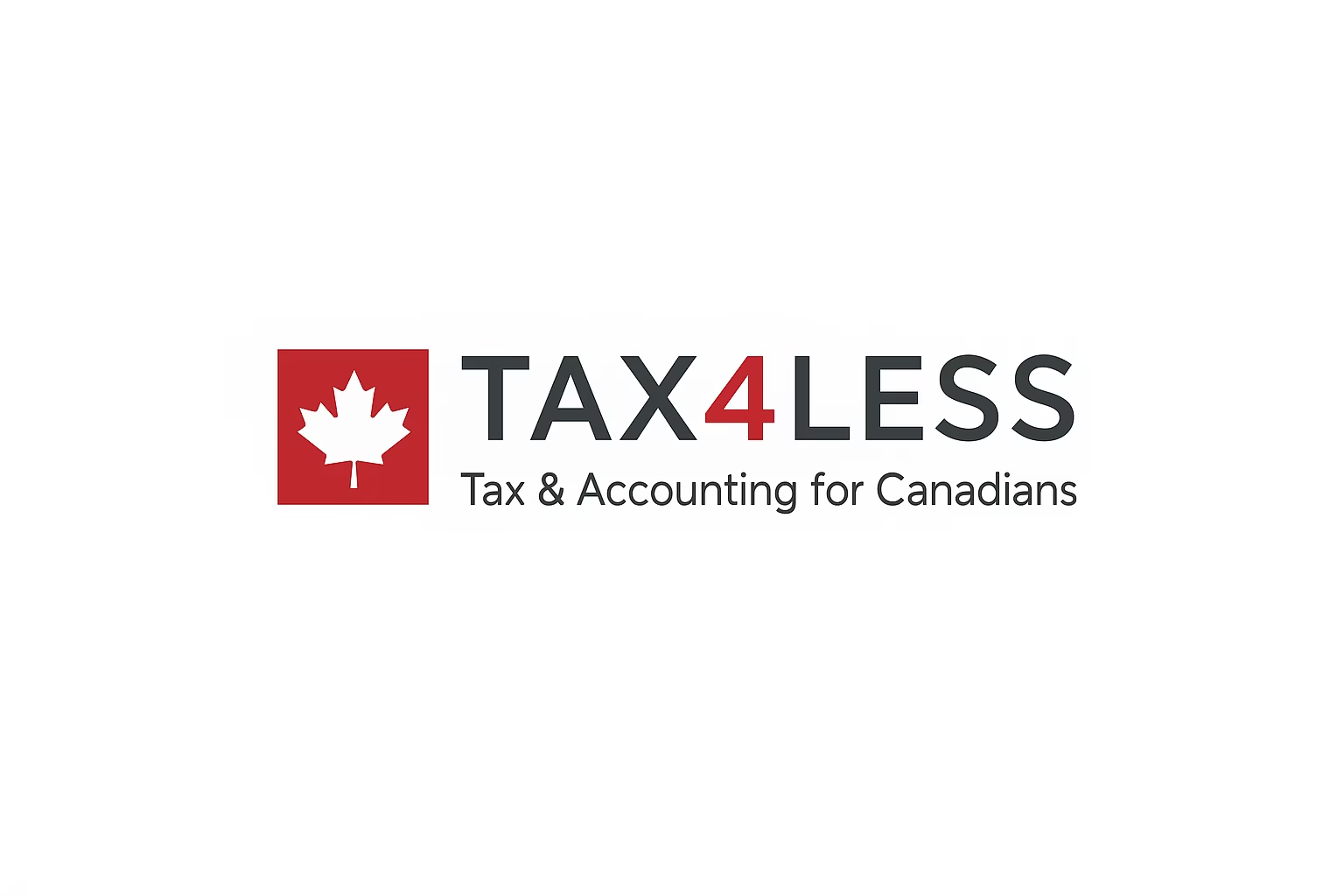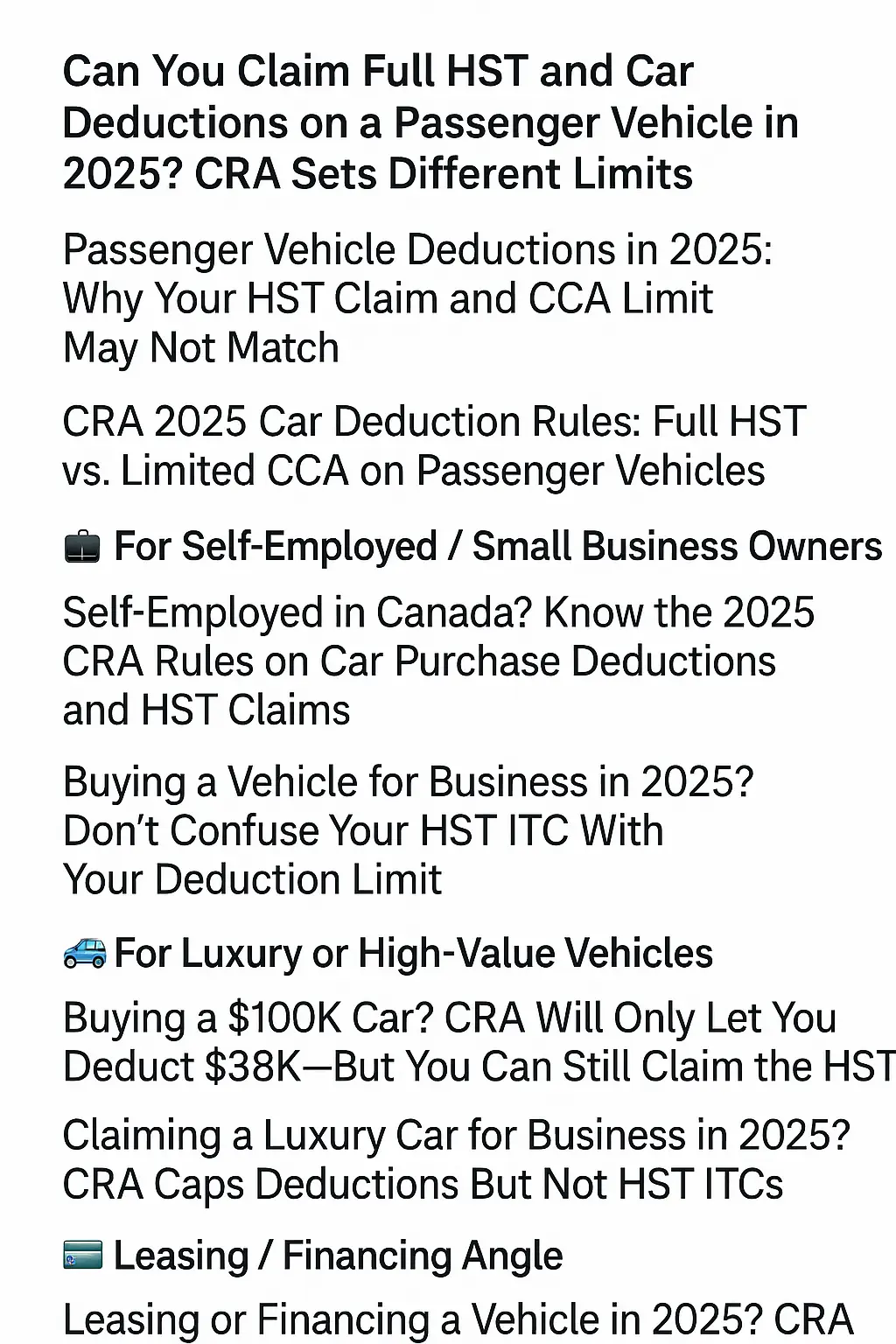How to Qualify for the Lifetime Capital Gains Exemption (LCGE) on the Sale of a Canadian InCorporation (CCPC)
Selling a Canadian corporation can be a major financial milestone. If you’re a shareholder of a Canadian-Controlled Private Corporation (CCPC), you might be eligible for a Lifetime Capital Gains Exemption (LCGE), which can save you thousands—or even millions—of dollars in taxes.
But qualifying for this exemption isn’t automatic. There are strict criteria you must meet before and at the time of sale to claim the LCGE. Here’s a clear breakdown of the rules, what you need to watch out for, and how to make sure your corporation—and your shares—qualify.
What Is the Lifetime Capital Gains Exemption (LCGE)?
The LCGE allows Canadian taxpayers to avoid paying capital gains tax on up to $1,016,836 (2024 indexed limit) of capital gains earned from the sale of qualifying small business corporation shares. This exemption is available per individual, and it resets with each new eligible gain.
If your shares meet the requirements, you could sell your business and pay zero tax on gains up to the LCGE limit.
What Is a Qualifying Small Business Corporation (QSBC)?
To claim the LCGE, the shares you sell must be in a Qualifying Small Business Corporation (QSBC). The QSBC rules are where most sales get tripped up.
Let’s break down the three key criteria.
1. The Small Business Corporation Test (At Time of Sale)
At the time of sale, the corporation must be a Small Business Corporation (SBC). That means:
It must be a Canadian-Controlled Private Corporation (CCPC).
At least 90% of the fair market value of its assets must be used in an active business carried on primarily in Canada.
Passive investments (like real estate held for rent, stock portfolios, or excess cash not used in operations) don’t count. If your company has too much passive income or unused cash sitting idle, it might fail this test.
Tip: Clean up your balance sheet before selling. Transfer passive assets out, or use excess cash in the business.
2. The Holding Period Test (24-Month Rule)
You must have owned the shares for at least 24 months before the sale.
But there’s more: during that 24-month period, over 50% of the corporation’s assets must have been used in an active business in Canada.
If your business recently shifted from active operations to passive investments—or if you haven’t owned it long enough—you’ll fail this test.
Note: This rule also applies if the shares are held in a trust. The trust must meet the 24-month requirement as well.
3. The Personal Residency Requirement
To claim the LCGE, you must be a resident of Canada at the time of the sale.
If you’re a non-resident when you sell—even if the shares qualify—you won’t get the exemption. Some tax planning strategies involve moving back to Canada before selling, but timing is critical and professional advice is essential.
Other Important Considerations
Purification Planning
If your corporation holds passive assets or excess cash, you may need to “purify” it to meet the asset tests. This can involve:
Paying out dividends
Transferring investments to a holding company
Buying business assets or prepaying expenses
Purification should be done well in advance—ideally at least two years before the sale to also pass the 24-month test.
Crystallization
If you’re concerned about future rule changes or losing eligibility, you may want to “crystallize” your exemption—essentially triggering the gain now (on paper) to lock in the exemption.
This must be done carefully through a reorganization or section 85 rollover and usually involves professional tax help.
Alternative Minimum Tax (AMT)
Even if you qualify for the LCGE and your capital gains are exempt, the Alternative Minimum Tax might still apply. Budget for the possibility of AMT in the year of the sale. Though recoverable in future years, it can hit cash flow hard if you’re not ready.
Final Thoughts
The Lifetime Capital Gains Exemption is one of the most powerful tax tools available to Canadian business owners. But it comes with strict conditions and timing issues. Missing just one element—like the 90% active business test at time of sale—can wipe out your exemption.
If you’re thinking about selling your business or transferring shares to a family member, talk to a tax advisor early. Advance planning can help you qualify and maximize your tax-free gain.
 Contact Tax4Less.ca to Get Started
Contact Tax4Less.ca to Get Started
Book a consultation and get real answers tailored to your situation.



- 24-month rule LCGE
- accounting services Canada
- business tax preparation
- Canadian tax planning
- Canadian-Controlled Private Corporation
- capital gains exemption Canada
- CCPC capital gains
- corporate tax services
- how to qualify for LCGE
- LCGE Canada
- LCGE criteria
- LCGE rules 2024
- lifetime capital gains exemption
- lifetime capital gains exemption CCPC
- purification planning LCGE
- QSBC rules
- qualifying small business corporation
- sale of corporation Canada
- selling a business in Canada
- small business tax Canada
- tax planning Canada
- tax-free business sale Canada
- Tax4less
- tax4less.ca
- Tax4Less.ca Inc

 Previous Post
Previous Post Next Post
Next Post